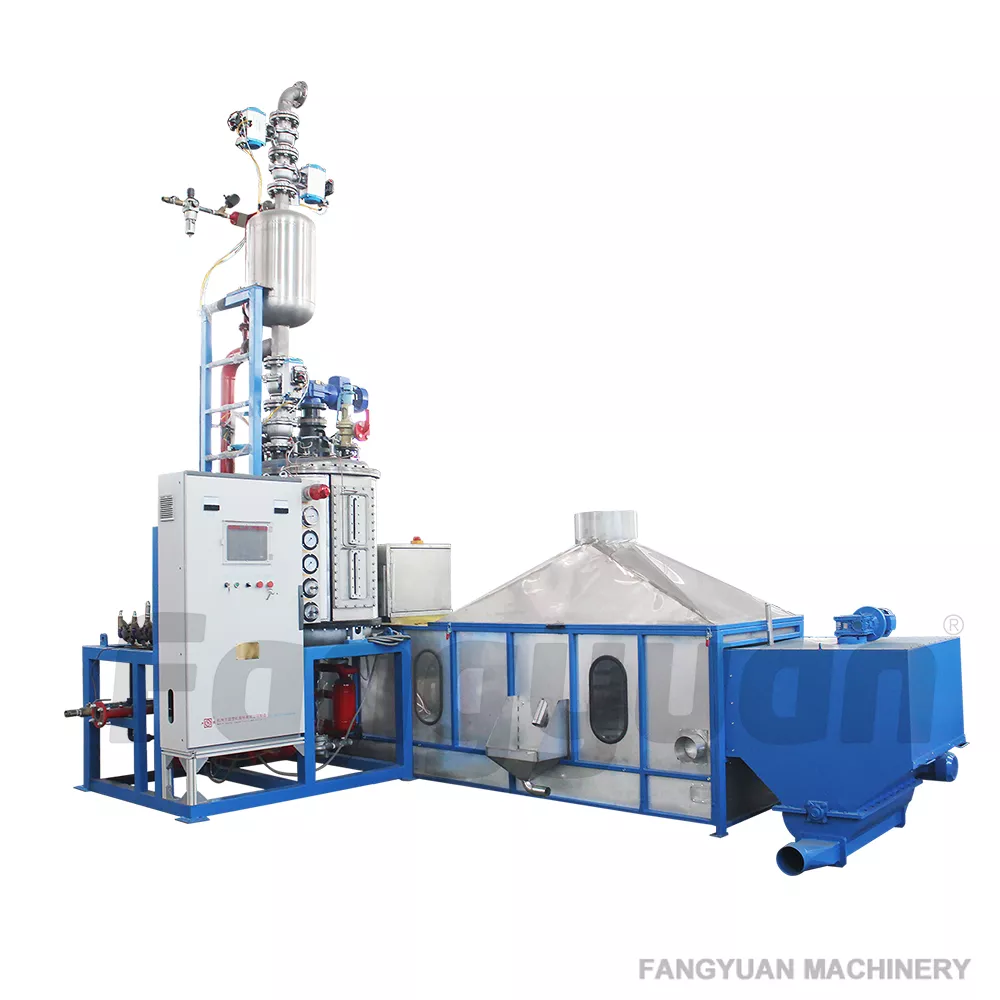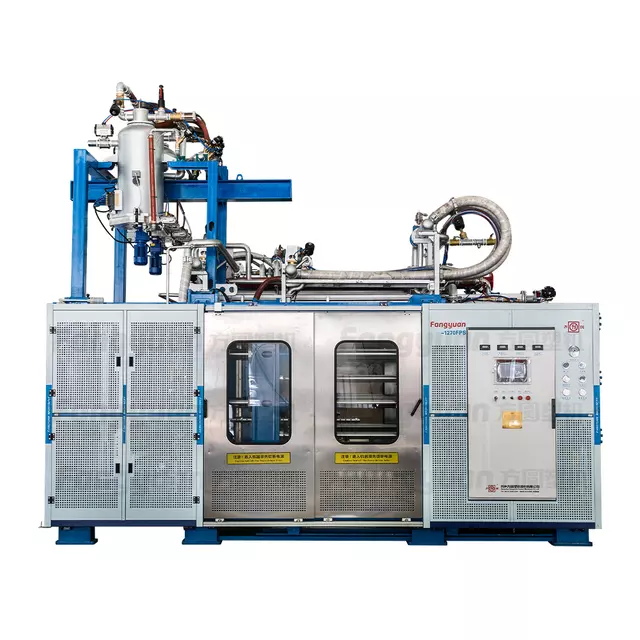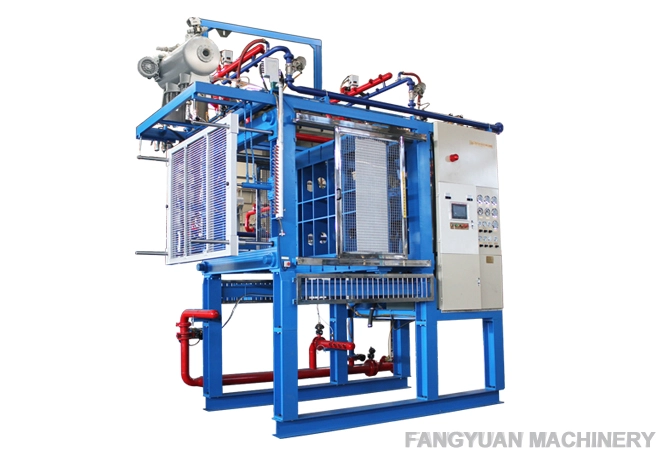ETPU is a lightweight and durable material commonly used in various applications ranging from packaging to automotive components. With its versatility and excellent performance, it has become a goto choice for manufacturers seeking highquality, costeffective materials. However, with the rise of new technologies and industry standards, it's essential to understand which regulations and guidelines apply to the production and use of ETPU.
To help you navigate this complex landscape, we've compiled a list of key industry standards that apply to ETPU machines:
Industry Standard Overview

ISO/TS 22163:2015 Automotive Components and Systems Quality Management System
This standard provides a framework for organizations involved in producing automotive components and systems to implement quality management practices. It covers aspects such as supplier management, inspection and test procedures, and documentation. ETPU parts must adhere to these standards to ensure compliance with industry requirements.
UL 2322:2018 Electrical and Electronic Equipment Safety

UL 2322 is a safety standard for electrical and electronic equipment used in a variety of industries, including manufacturing. ETPU devices must meet the relevant safety requirements set by UL 2322 to be deemed safe for use in industrial settings.
IEEE P2816:2013 Ethylene Terephthalate (ETP) Plastics
IEEE P2816 specifies the properties and quality criteria for ETP plastics. The standard ensures that ETP plastics are produced according to established specifications and meets the required performance levels in terms of durability, resistance, and chemical stability.

EN 712:2014 Toy Products
EN 712 is a toy product safety standard that applies to toys intended for children under the age of 3. ETPU parts used in children's products must comply with EN 712 to prevent harmful substances from entering children's bodies.
These are just a few examples of the many industry standards that apply to ETPU machines and other ETP plastic products. By understanding these standards, manufacturers can ensure their products meet legal and regulatory requirements, safeguarding both consumers and the environment.
























 QQ
QQ